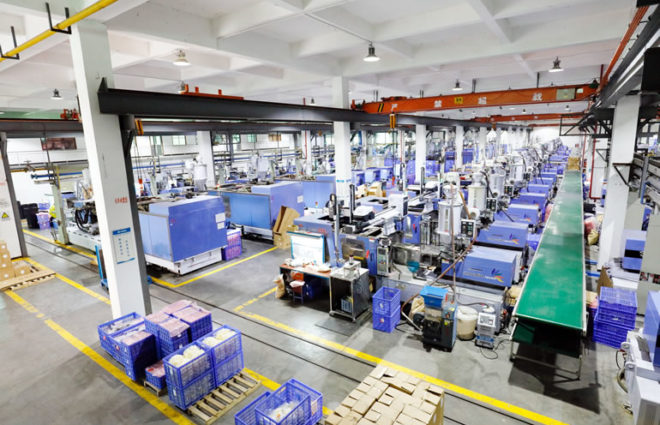Introduction to Precision Machining: Where Art Meets Engineering
In today’s fast-paced industrial landscape, merging creativity with technical skill
At the heart of our commitment to customer excellence is our significant investment in industry-leading CNC precision machining technologies. With a vast array of modernized robotic cells and a suite of vertical, horizontal, and 5-axis machining solutions operating around the clock in a climate-controlled environment, we are poised to handle projects of every scale and complexity.
Leveraging decades of experience crafting intricate machined parts and equipped with cutting-edge machinery, we stand ready to be your trusted partner for your upcoming ventures. With our expansive range of capabilities, we can effortlessly evolve with your programs, ensuring they flourish and reach their maximum potential.
Contact


Our continuous commitment to innovation has seen us consistently update our inventory with state-of-the-art precision machining tools, robotics, and automated systems, ensuring quality, efficiency, and safety. Depending on your project's intricacies and scale, our dedicated team of automation specialists can determine if robotic integration can bring additional value to your venture.
Read MoreMachining primarily relies on two methodologies: milling and turning. Turning involves a raw material bar in motion, methodically sculpted using specific cutting tools. This shape transformation follows a computer-generated path, ensuring precision.
In contrast, milling has the raw material static, as dedicated rotary tools meticulously carve the desired shape, guided by computer-aided cutting trajectories.
Our vast repertoire includes a range of specialty machining techniques tailor-made for unique applications. Our seasoned engineers, with their vast knowledge pool, determine the optimal procedures during the initial phases of a new venture.

In today’s fast-paced industrial landscape, merging creativity with technical skill
Table of Contents Toggle I. IntroductionII. Overview of CNC MillingDefinition
While diverse in application, Sheet metal housing presents unique challenges
The manufacturing world is undergoing a revolutionary shift driven by
Metalwork, a craft as ancient as civilization, has evolved significantly
Table of Contents Toggle 1. Introduction2. The Essence of Collaborative